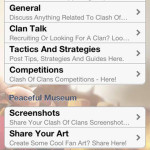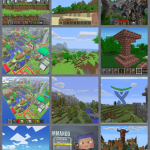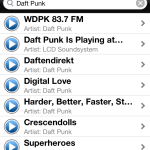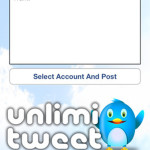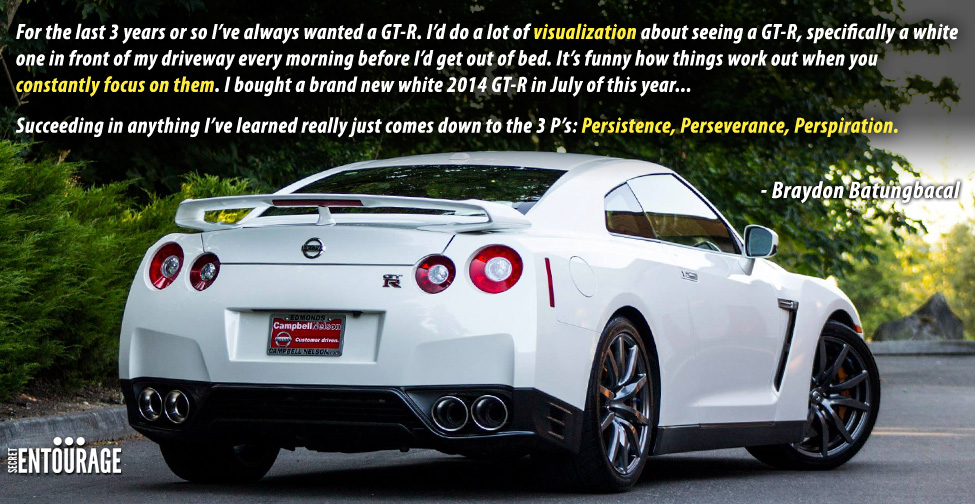
Contact Info
- Address:
- Greater Seattle Area
- Homepage:
- http://www.sitrusy.com/
- Home » Technology » Mobile Apps
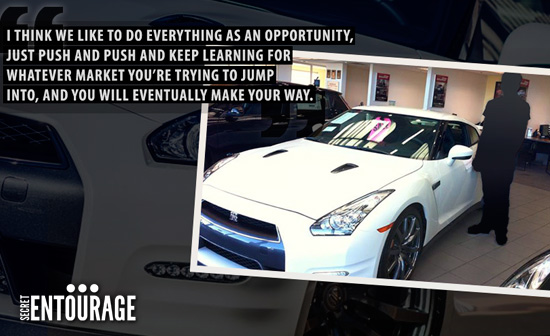 As the app industry continues to grow, more and more people are jumping into app development since the barrier of entry is much lower than it was before. Unfortunately, most people that do create apps, often fall short of their goals and expectations and call it quits after one try. As you’ll learn with our latest success story, Braydon Batungbacal has created well over 50 apps but it was not without its challenges.
As the app industry continues to grow, more and more people are jumping into app development since the barrier of entry is much lower than it was before. Unfortunately, most people that do create apps, often fall short of their goals and expectations and call it quits after one try. As you’ll learn with our latest success story, Braydon Batungbacal has created well over 50 apps but it was not without its challenges.
His first app only had 2,000 total downloads but through constant refinement, he has built an app portfolio that has surpassed 30 million downloads and over $500,000 in revenue for 2013. A very impressive feat for anyone but especially for Braydon since he is only 21 years old.
Cite: These following listing and interview has been published by Secret Entourage — http://www.secretentourage.com/academy/braydon-batungbacal/
Tell us a little bit about how you got to where you are today…
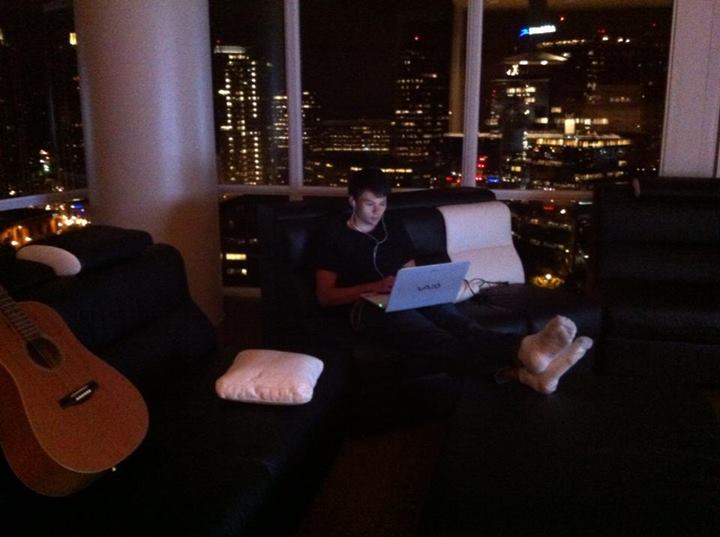 I started out at the age of 16 when my family was going through some hardship. I wanted to try and make a difference and alleviate some of the stress so I got into the world of online ecommerce. It was probably a crazy thing to do but I wanted to make some money online so I saw that as the best potential of reaching customers and making money. I started a company and it basically worked off the idea of finding automotive performance shops around the United States that had overstocked parts that really needed to sell their products. I ran with that idea for a while but it failed. However, it was a good learning experience. From there, I went off into doing a lot of web apps and I originally built something called the Social Cork which was a social networking platform that had a few thousand users. I sold it to another company for decent profit. Last year, my friend Thomas approached me and said, “We should get into the app business.” I
I started out at the age of 16 when my family was going through some hardship. I wanted to try and make a difference and alleviate some of the stress so I got into the world of online ecommerce. It was probably a crazy thing to do but I wanted to make some money online so I saw that as the best potential of reaching customers and making money. I started a company and it basically worked off the idea of finding automotive performance shops around the United States that had overstocked parts that really needed to sell their products. I ran with that idea for a while but it failed. However, it was a good learning experience. From there, I went off into doing a lot of web apps and I originally built something called the Social Cork which was a social networking platform that had a few thousand users. I sold it to another company for decent profit. Last year, my friend Thomas approached me and said, “We should get into the app business.” I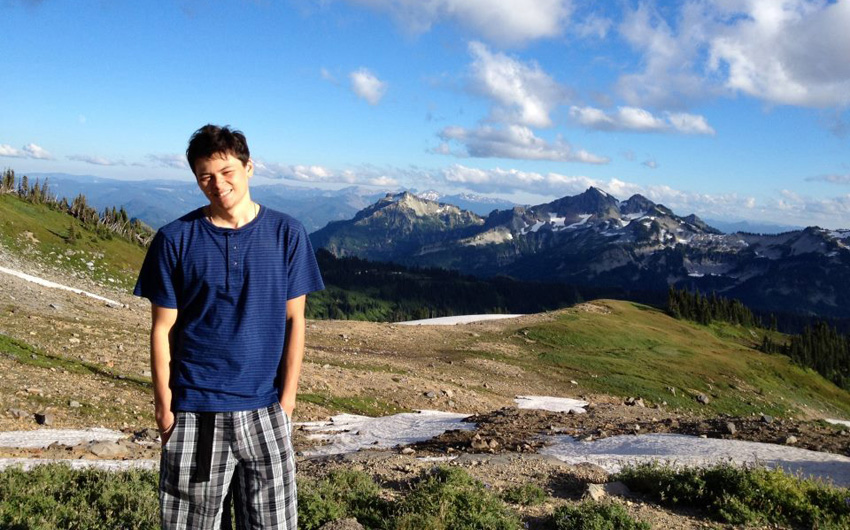 decided that sounded like a smart business decision and we jumped right into apps. That’s how I got here today.
decided that sounded like a smart business decision and we jumped right into apps. That’s how I got here today.
How did the automotive ecommerce site work?
I called the larger shops around the United States to see if I could work out a deal with them where they would give me a significant discount if they had a lot of overstocked parts. I would then list those parts on my ecommerce platform for sale with a mark-up from my discounted price. Basically, it was the idea that I could help promote inventory for them and give them the sales they needed on products that weren’t moving.
Was it considered a success in your eyes?
 No, I think I made about 30-50 sales over the course of three months. It failed because, quite frankly, I just didn’t have a lot of time. I was still in high school, and I had a lot of resistance. My parents were supportive but they were more supportive of me going and staying in high school so they didn’t want it to be something that interfered with my school work. Had I had more time, I would have been able to call more shops, market the site better, and advertise. That was probably the one big downfall. I honestly wish I could have done more with it but it’s just one of those things where you learn and you move on.
No, I think I made about 30-50 sales over the course of three months. It failed because, quite frankly, I just didn’t have a lot of time. I was still in high school, and I had a lot of resistance. My parents were supportive but they were more supportive of me going and staying in high school so they didn’t want it to be something that interfered with my school work. Had I had more time, I would have been able to call more shops, market the site better, and advertise. That was probably the one big downfall. I honestly wish I could have done more with it but it’s just one of those things where you learn and you move on.
From there you went on to building the social networking site Social Cork. What was that about?
The Social Cork was an idea that I thought up after seeing “The Social Network” in my senior year of high school. I’d had a lot of programming experience from my past (9 years or so at this point in my life) and figured if Zuckerberg did it, what’s stopping me.So, I took note of how nearly every social network of the time was focused around your inner circle of friends or people you chose to connect with. I wanted to build something different, a social networking service that connected you with other people around the world based on your interests.
How were you able to grow it large enough to then sell it?
I t grew pretty organically, I’d say about 40% of my high school had created profiles on it, and a lot of other users came in through word of mouth spread on internet forums, or the local colleges where my friends and I had placed flyers around campuses advertising the site. Eventually the growth started slowing down because I had just lost interest in continuing on with it. I knew the potential for the idea was there based on how people had responded, but my own personal passion to continue on wasn’t. I eventually sold it to a small, private company who I hoped would of been able to finish what I started. In the end though, the site just died out and hasn’t had any activity in a few months. It’s still live if you’d care to check it out.
t grew pretty organically, I’d say about 40% of my high school had created profiles on it, and a lot of other users came in through word of mouth spread on internet forums, or the local colleges where my friends and I had placed flyers around campuses advertising the site. Eventually the growth started slowing down because I had just lost interest in continuing on with it. I knew the potential for the idea was there based on how people had responded, but my own personal passion to continue on wasn’t. I eventually sold it to a small, private company who I hoped would of been able to finish what I started. In the end though, the site just died out and hasn’t had any activity in a few months. It’s still live if you’d care to check it out.
Now you’re one of the underground success stories in the app world. Tell us about your very first app.
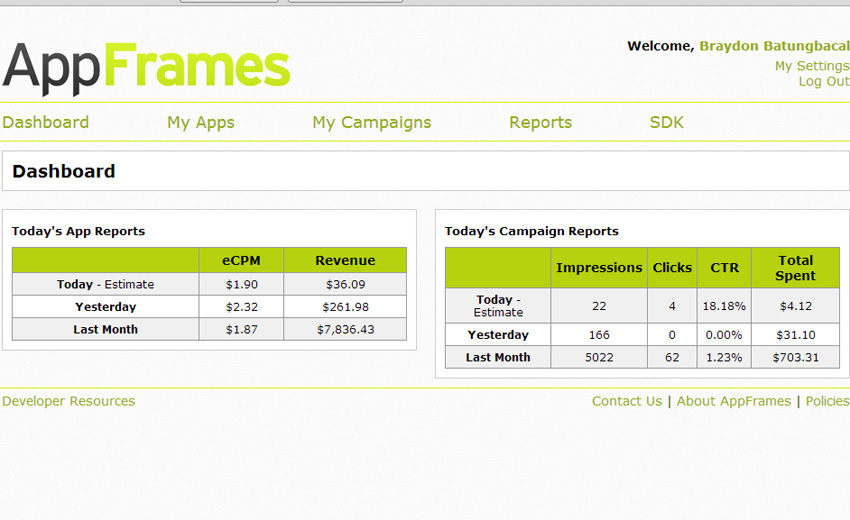 There’s an app called I’d Cap That that allows you to take photos and then put a random caption on it. We made an app that was very similar to it but had upgraded features and called it Funny Cap. It’s basically something you can take your existing pictures and it would automatically add funny captions to it like, “You’re mom is fat,” or you can add your own. Our app was basically a concept of an existing similar app. It’s still in the market place but it’s definitely not a top performer at only 2000 downloads total. That app was more of a learning experience in all honesty.
There’s an app called I’d Cap That that allows you to take photos and then put a random caption on it. We made an app that was very similar to it but had upgraded features and called it Funny Cap. It’s basically something you can take your existing pictures and it would automatically add funny captions to it like, “You’re mom is fat,” or you can add your own. Our app was basically a concept of an existing similar app. It’s still in the market place but it’s definitely not a top performer at only 2000 downloads total. That app was more of a learning experience in all honesty.
What did you learn after that app?
I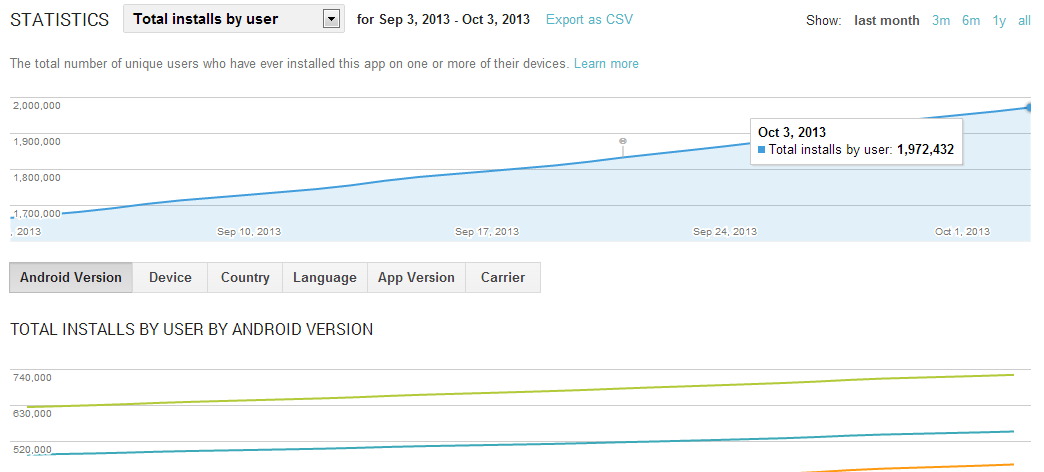 t would probably come down to better marketing. Back then, when we first released that, we didn’t know a lot about marketing. We didn’t know a lot about title structuring, keywords, screen shots, icons, and the fact of how your app operates directly effects ratings and downloads. I think seeing the poor performance from poor keywords, poor icons and screenshots is what I learned the most from this. It really comes down to how well you do those things and how much effort you put in your content and images.
t would probably come down to better marketing. Back then, when we first released that, we didn’t know a lot about marketing. We didn’t know a lot about title structuring, keywords, screen shots, icons, and the fact of how your app operates directly effects ratings and downloads. I think seeing the poor performance from poor keywords, poor icons and screenshots is what I learned the most from this. It really comes down to how well you do those things and how much effort you put in your content and images.
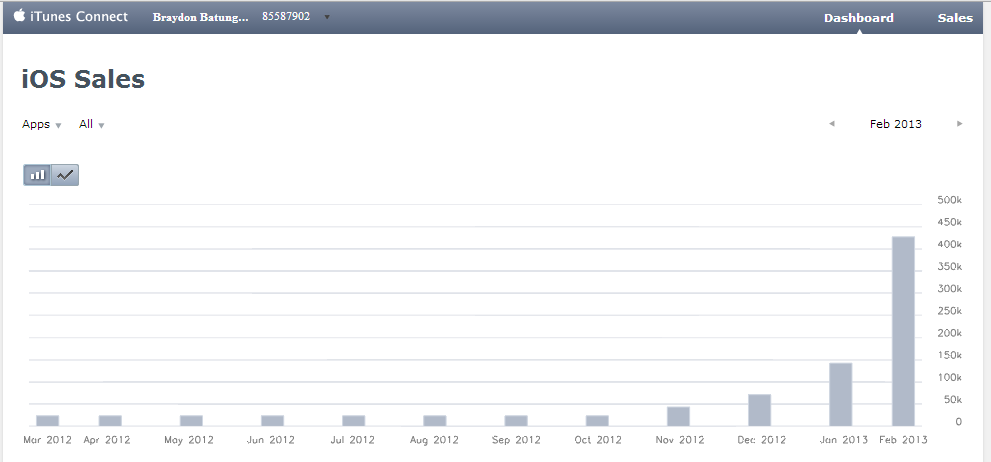 Having made more than 50 apps, knowing what you know today, what does it take to launch a successful app?
Having made more than 50 apps, knowing what you know today, what does it take to launch a successful app?
I think at this point we’re well over 150 apps between Google Play and the App Store. I think the first thing that is very important is timing. Find a solid idea or niche that isn’t oversaturated in the market place or anything where there’s a very big opening. That’s what I like to do. I like to go on to the market place to look and see what’s trending as far as existing apps, TV shows, games or anything along those lines. The first thing you’re going to want to get down are the keywords. Keywords are extremely important in the iOS app store. I use the Google Keyword Tool and type in whatever niche I’m currently making an app for to see that there are keywords related to it and have a high number of impressions and searches monthly.  When I see that, I’ll typically take those relative keywords and plug them in as keywords for the app itself. Typically, the way it works is if you see a keyword on the Google Keyword Tool that has a high amount of searches, that’s going to be the same for the iTunes store since people search the same things. From there, it really comes down to finding a designer to design a very solid icon that stands out from every other icon on the app store for whatever niche you’re doing. What I typically like to do, as far as coming up with design ideas, is to look at the existing top apps and look at what their design style is. Usually the top apps will have a very unique design, super high quality, and I like to take ideas from that. Those are typically how I get a very unique icon that people like. From that point, it’s screenshots, which are the things that people see under your app listing when they see it in searches in the app store. It’s coming up with very high quality screenshots whether they are photoshops or actual screenshots. I’m sure you’ve seen apps that have marketing captions on top of their screenshots. It’s coming up with those and making it truly engaging so it really resonates with the people who are viewing the search result. Once you have all these things come together with the keywords that actually bring your app up in search results, the super solid icon that people see as very high quality, and the screenshots that resonate with what they are looking for, that’s how you’re going to do sales and make high volumes of downloads.
When I see that, I’ll typically take those relative keywords and plug them in as keywords for the app itself. Typically, the way it works is if you see a keyword on the Google Keyword Tool that has a high amount of searches, that’s going to be the same for the iTunes store since people search the same things. From there, it really comes down to finding a designer to design a very solid icon that stands out from every other icon on the app store for whatever niche you’re doing. What I typically like to do, as far as coming up with design ideas, is to look at the existing top apps and look at what their design style is. Usually the top apps will have a very unique design, super high quality, and I like to take ideas from that. Those are typically how I get a very unique icon that people like. From that point, it’s screenshots, which are the things that people see under your app listing when they see it in searches in the app store. It’s coming up with very high quality screenshots whether they are photoshops or actual screenshots. I’m sure you’ve seen apps that have marketing captions on top of their screenshots. It’s coming up with those and making it truly engaging so it really resonates with the people who are viewing the search result. Once you have all these things come together with the keywords that actually bring your app up in search results, the super solid icon that people see as very high quality, and the screenshots that resonate with what they are looking for, that’s how you’re going to do sales and make high volumes of downloads.
How do you validate your idea before you begin building?
When I see an app that I think will be very profitable but would cost a lot of money to build and design, I would like to see one or two existing apps on the app store that are very similar and doing extremely well. Also if there aren’t a lot of other competitors, that’s a great way to gauge it because if something is a similar niche to what you’re doing, there’s not a lot of competition but those similar apps that aren’t over saturated are extremely high ranking in the app store, so that’s a really good indicator if you’re going to have an app that will do very well.
If an app under performs, when do you decide to cut your losses?
There are times when you’ll make an app and you won’t see the downloads you expect. That has happened to me a few times so what I usually do is never really give up on an app because when I see that there’s the market, I know there’s a way to get it up there to get the downloads. At that point, it usually comes back to changing up the keywords, changing up some design elements. Keywords, like I said, are the biggest thing in the app store that are going to make or break you. Off the bat, I’ll pick some keywords that I think are really good. If they are not getting a lot of search traffic, I’ll go back and I’ll change the keywords and I’ll compare the downloads with these new set of keywords versus the past. 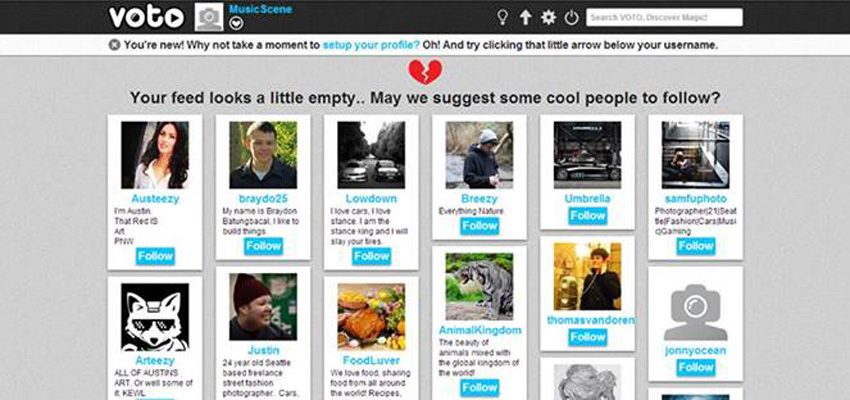 Then I’ll try to figure out what keywords did better, what keywords did worse and re-optimize over and over again until I get a set of keywords that do extremely well in search traffic. At that point, design refinements are very important. Usually with that strategy, if you just keep refining and refining until you see growth each time you refine and you cut the loose ends that aren’t doing so well, that’s usually when you’ll see your app really start to get to where you expect it.
Then I’ll try to figure out what keywords did better, what keywords did worse and re-optimize over and over again until I get a set of keywords that do extremely well in search traffic. At that point, design refinements are very important. Usually with that strategy, if you just keep refining and refining until you see growth each time you refine and you cut the loose ends that aren’t doing so well, that’s usually when you’ll see your app really start to get to where you expect it.
What is considered a strong number of daily downloads?
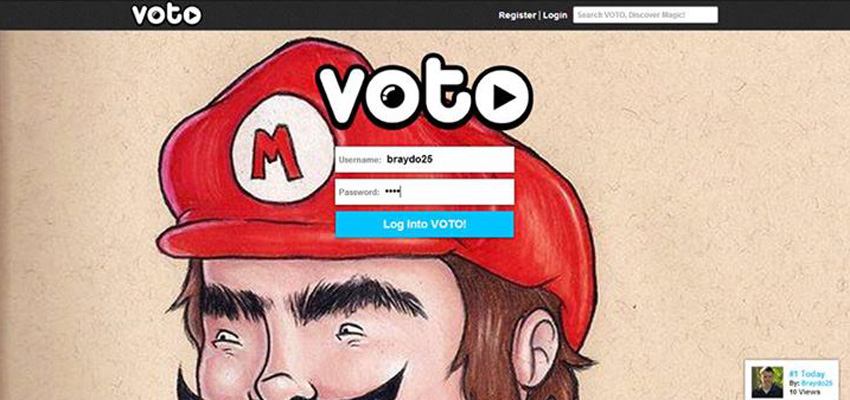 I would say it’s basically based on daily downloads. Typically, I like to see daily downloads for an app that I think that is pretty solid between 4,000 to 50,000 downloads a day. Paid apps are going to be a lot less. So if you have a free app, 4,000-50,000 download a day is considered a solid app. It’s doing good so you can monetize it really well. You can even make a few $100 a day from it. As far as paid apps go, when I see an app that I believe has reached its peak of success where I don’t have to optimize it anymore, that would be probably be between 100 and 1,000 paid downloads per day. Typically with lower price points you will get more downloads. I base most of my apps off the $0.99 model which is why I said 100 or 1,000 downloads if paid. For higher priced tiers, I would shift downwards a little bit so if priced at $1.99, I would say between 70 to 700 downloads per day or $4.99 between 50 and 500 downloads a day.
I would say it’s basically based on daily downloads. Typically, I like to see daily downloads for an app that I think that is pretty solid between 4,000 to 50,000 downloads a day. Paid apps are going to be a lot less. So if you have a free app, 4,000-50,000 download a day is considered a solid app. It’s doing good so you can monetize it really well. You can even make a few $100 a day from it. As far as paid apps go, when I see an app that I believe has reached its peak of success where I don’t have to optimize it anymore, that would be probably be between 100 and 1,000 paid downloads per day. Typically with lower price points you will get more downloads. I base most of my apps off the $0.99 model which is why I said 100 or 1,000 downloads if paid. For higher priced tiers, I would shift downwards a little bit so if priced at $1.99, I would say between 70 to 700 downloads per day or $4.99 between 50 and 500 downloads a day.
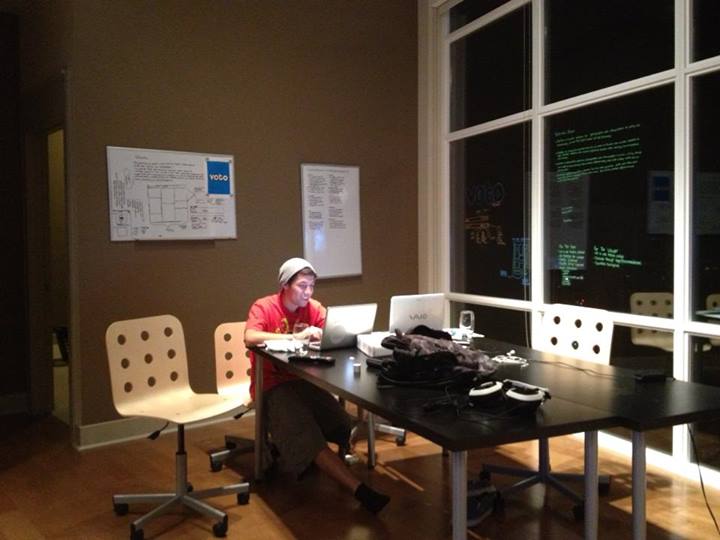 There’s multiple ways of monetizing with the latest popular option being in-app purchases. What do you primarily use?
There’s multiple ways of monetizing with the latest popular option being in-app purchases. What do you primarily use?
I wouldn’t say I’ve shifted to one monetization model, I use them all based on the concept of the app. However, with the introduction of in app purchases, I usually incorporate that model into my free apps with advertising, and use the in app purchases to offer a paid way to permanently remove ads from an app. I’ve had a lot of success with this strategy.
There’s the debate of having a portfolio of apps rather than making a few big apps. Why did you choose to have a portfolio?
I would say the portfolio is better. It’s more work to upkeep, but the income and revenue from a portfolio is far more persistent in my opinion. 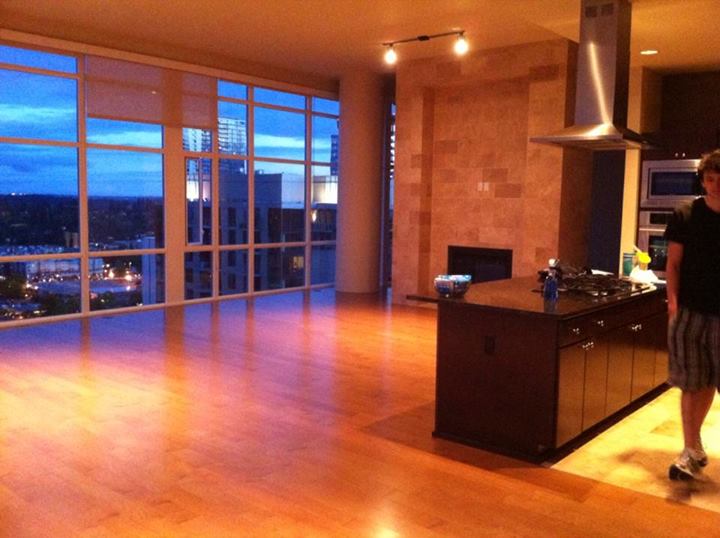 Also, with a portfolio there’s more room to do a/b testing with monetization models without your revenue taking a big hit from a strategy that may not end up working so well if you have a small group of apps.
Also, with a portfolio there’s more room to do a/b testing with monetization models without your revenue taking a big hit from a strategy that may not end up working so well if you have a small group of apps.
What types of apps have you seen to work the best?
With the success being portfolio based it’s a lot more difficult to state my 3 top apps. Perhaps my top 3 types of apps that I have had the most success in so far would be the better to share. Those being games, pranks and news related apps. These types of apps have been the most successful so far I believe, because of simple demand. News, games, and prank seem to have a lot of interest, as long as the niche those types of apps cater to is right.
 What apps of yours would you consider failures?
What apps of yours would you consider failures?
In all honesty there are no apps we’ve created that have been failures or truly bad investments in my eyes. Each app we’ve done yields either profit or new knowledge of the market – or both in the best case scenario. As far as overall performance goes of some of our apps vs others we’ve created, I think that’s attributed to what’s trending in the market at the time of one app’s release vs another, the type of app, niche and how effective our keywords and marketing were.
More and more people are jumping into the app game. How do you stay ahead of the competition?
I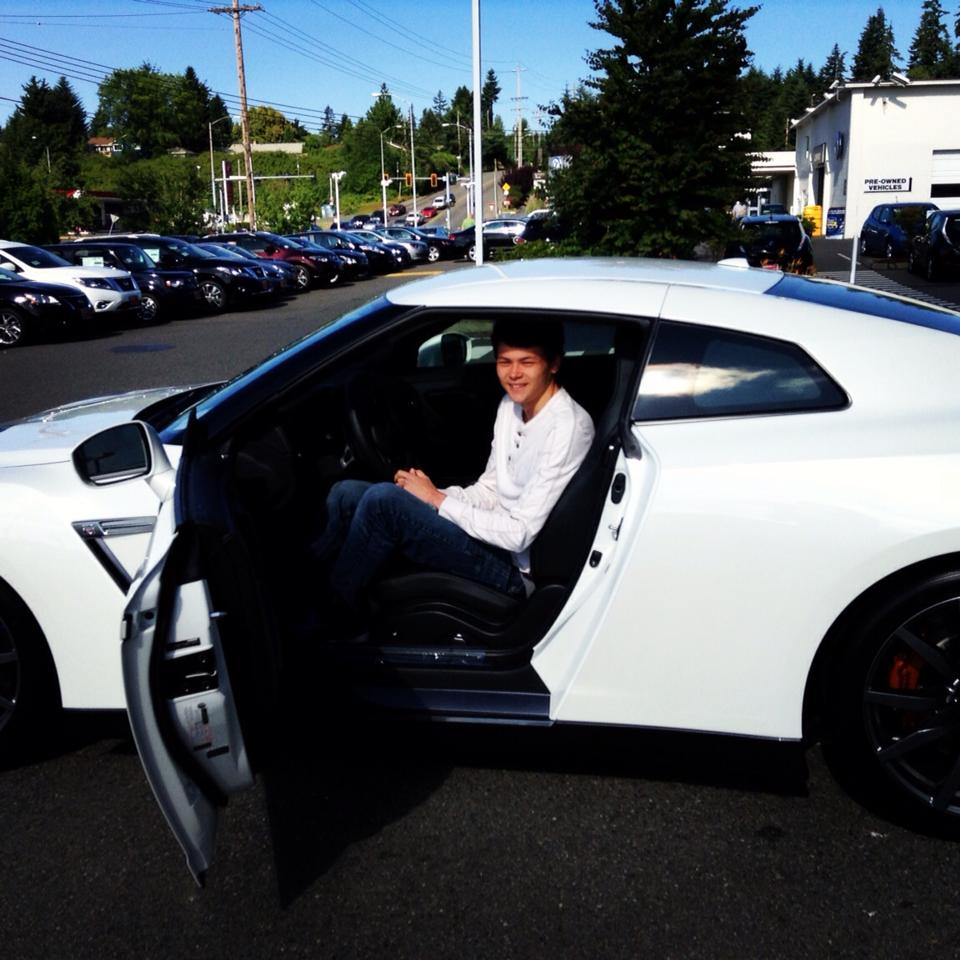 pretty much diversified my entrepreneurial ventures as far as apps go.
pretty much diversified my entrepreneurial ventures as far as apps go.
Right now, I’m really focused on the application side of it because it’s not too saturated yet. There’s still a lot of money you can make, but I know within the next five years, with all these people finding ways to make money with quick schemes, there is going to be that large saturation that comes. But with that, I have actually started developing an ad network with my partner Thomas and we know that there’s always going to be more ad space that needs to be filled for these apps that are coming. With saturation, you’re going to need more advertising space so we developed an ad network that plays off of some very unique qualities that you can extract from phones, specifically localization.
Either way, for me and for us as entrepreneurs, if it gets oversaturated, we have our advertising network which is already turning to do very well. If it doesn’t, then we still have our app store which is still doing very well. Either way, it works great. 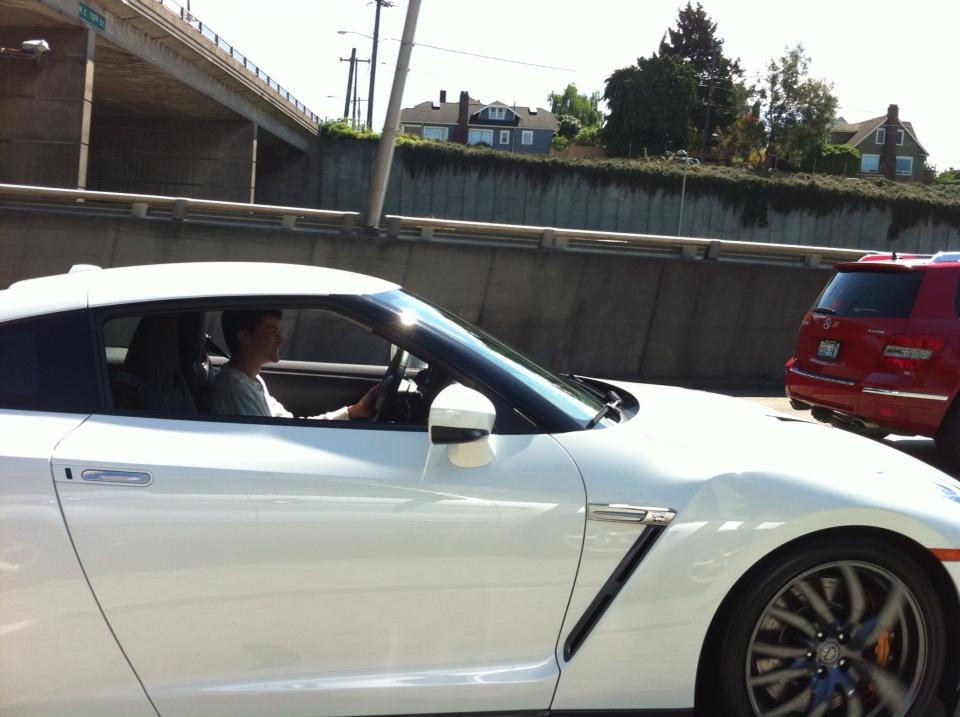 As far as more app related things go, we’ve also started on another venture that is aimed to beat out Flickr and Vimeo in both of their respective niches. It’s something called Voto.fm, and it’s coming really soon. The beta is currently out as a web app (Mobile is still in development) and we’re improving that daily and getting ridiculously high praised user feedback from people who have tested it so far.
As far as more app related things go, we’ve also started on another venture that is aimed to beat out Flickr and Vimeo in both of their respective niches. It’s something called Voto.fm, and it’s coming really soon. The beta is currently out as a web app (Mobile is still in development) and we’re improving that daily and getting ridiculously high praised user feedback from people who have tested it so far.
I think we like to do everything as an opportunity. You know some people might see saturation as, “Oh I’m going to lose my hold on the market. I’m going to lose my existing client flow.” If you look at it differently, you can see another opportunity like advertising space or providing tools for these developers who are coming in.
What’s your best piece of advice for aspiring entrepreneurs and app developers?
 If you don’t see your returns initially, don’t get discouraged. Just push and push and keep learning for whatever market, opportunity you’re trying to jump into, and you will eventually make your way after a number of failures.
If you don’t see your returns initially, don’t get discouraged. Just push and push and keep learning for whatever market, opportunity you’re trying to jump into, and you will eventually make your way after a number of failures.
As far as apps go, I would say take the time to learn. I would suggest learning programming because you’re going to have a lot easier of a time programming versus outsourcing. Definitely learn to program if you’re thinking of getting into apps, and it’s not as hard as you think. Take the time to really research your market, research the niches you want to jump into. Research is going to save you a lot of time and also study people who have already been there and base your future ventures on apps off of what other people have gotten, how they have gotten successful as far as the marketing style, images, ad content and how all that goes.
I will honestly say this, it comes down to perseverance with anything. Succeeding in anything I’ve learned really just comes down to the 3 P’s. Persistence, Perseverance, Perspiration.
As someone who can program, would you advise for people to learn how to program or outsource?
I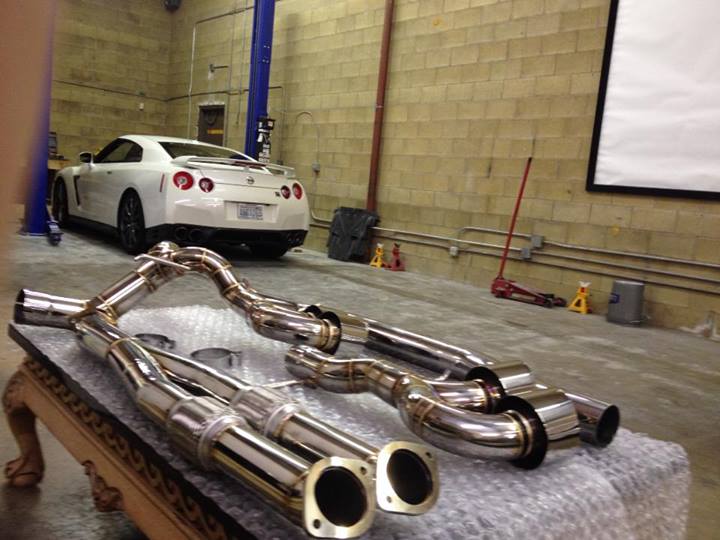 t’s going to be different for everyone. I said programming because I like that control over the things I build. With programming though, you’re going to have more time you spend on your apps.
t’s going to be different for everyone. I said programming because I like that control over the things I build. With programming though, you’re going to have more time you spend on your apps.
I probably spend like 10 hours a day working. I don’t consider it work so it’s not a big deal versus outsourcing where you have people who are developing for you while you’re doing whatever else you’re doing, like research. That’s a lot more scalable but I really think it comes down to personal circumstance when it comes to outsourcing versus programming.
I have known general programming for a very long time and have been programming since I was about 8 years old. I picked up DOS and Visual Basic when I was a really young kid so being knowledgeable with all these different programming languages helped when apps came around. It was really easy for me to transition into the language Objective-C and Java for a lot of development. If you have the time to learn programming, you’re going to like it more. It’s going to save you more money in the long run.
If you have other ventures you’re doing and you don’t have the time, I say outsourcing but it can be more of a headache, you have a lot more people you have to deal with, you’ve got more relations you have to initially build up with developers.
Do you ever fear someone may steal your idea?
What we like to do and what most people do, is have them sign a nondisclosure agreement before you even have anything started, before you even relay the bulk of your idea to the developer. A nondisclosure agreement should basically protect you from them going off taking the code they developed for you or sharing your idea or spreading your idea with anyone else or using them themselves. I can say from experience, these developers if you outsource, they are just trying to make a living. None of them would take the risk so I never had anyone steal an idea that I’ve got outsourced even without the NDAs. I’ve done a lot of jobs without a nondisclosure agreement because it’s just that hassle sometimes. I never had anything get stolen but you know, there’s always that chance.

What are some good resources and tools you use and can recommend?
There’s a few I use specifically for the sake of determining how to market a new app and what keywords to use. Those being the Google Adwords Keyword Tool, a website called Appcod.es, and AppAnnie. Some other resources that are great for entry level developers looking to advance their skills, which I also used in the beginning, are the objective-c / java tutorials on a website called thenewboston.com. There’s some great stuff there.
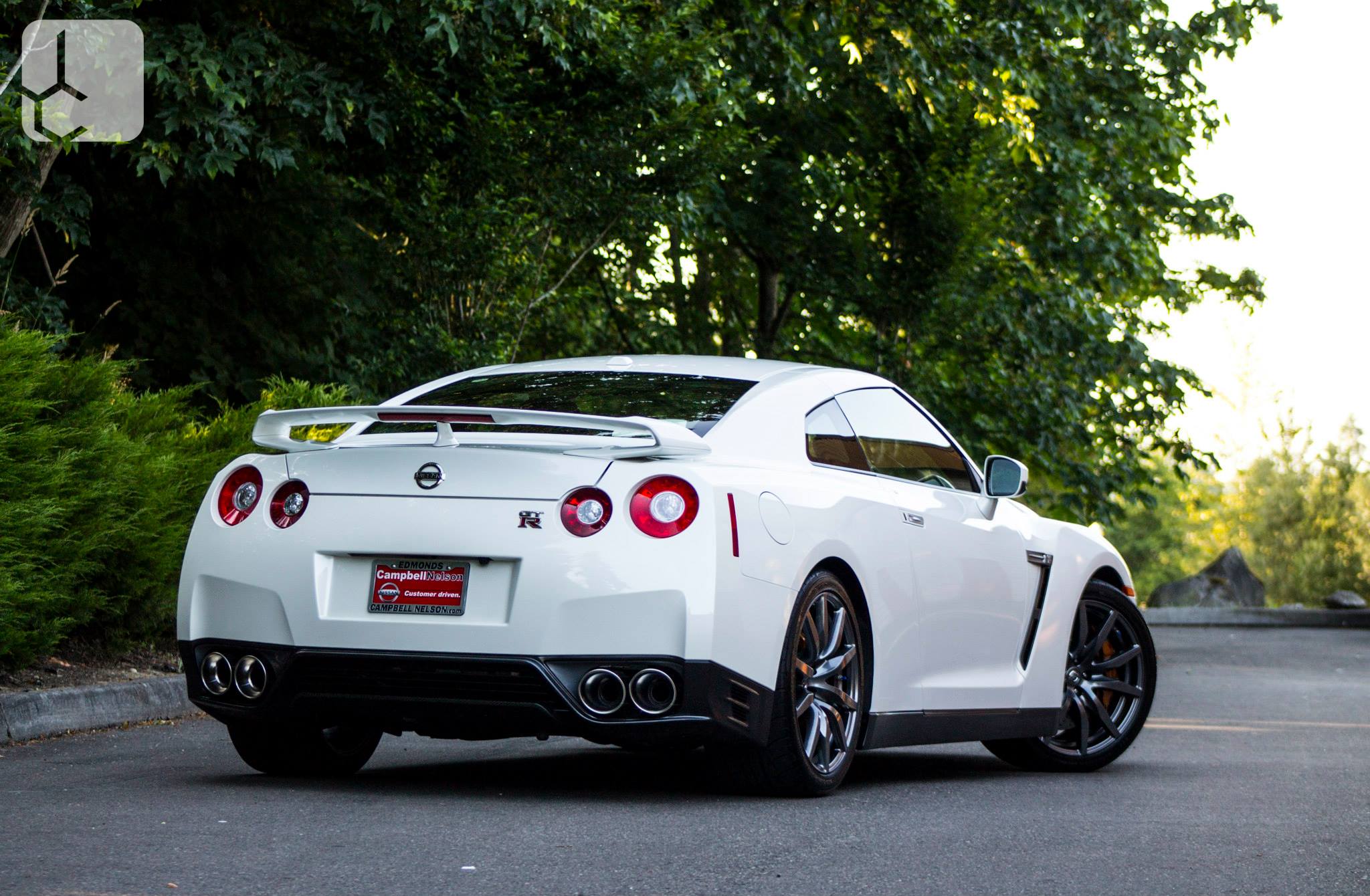
Would the same app have the same success on Android?
Not necessarily, apps that do extremely well on the Apple App Store aren’t guaranteed to do just as well on Android’s Google Play. The reason being is how each marketplace handles the overall ranking placements of their apps, how they change over time, and other factors. One specific difference that I’ve notice that has an effect on this is how Google Play seems to give precedence in ranking regardless to apps that were the earliest to appear for a niche or set of keywords.
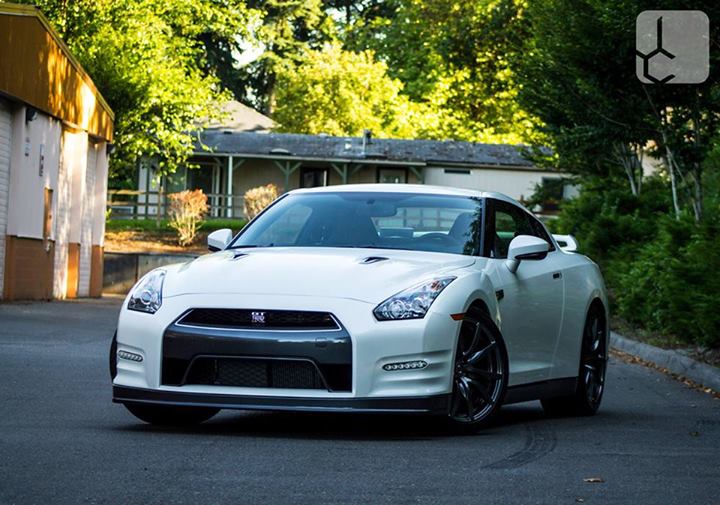
You mentioned Thomas, who is your partner. Tell us about how you guys linked up and your responsibilities within your company.
Thomas and I have known each other dating back to the days of The Social Cork. We worked on that together as well. He has the same entrepreneurial fire that I like to surround myself with, plus he’s a super down to earth and laid back guy which makes working with him enjoyable. As far as roles go, I handle the in-house development for the more complicated app ideas we come up with, whereas Thomas handles outsourcing and managing our overseas developers we contract for various design and development purposes, along with overseeing and managing our outsourced app development.
You recently treated yourself to a nice gift. Tell us what you got.
For the last 3 years or so I’ve always wanted a GT-R. I’d do a lot of visualization about seeing a GT-R, specifically a white one in front of my driveway every morning before I’d get out of bed. It’s funny how things work out when you constantly focus on them. I bought a brand new white 2014 GT-R in July of this year (2013). I’d definitely have to say it was a very unreal experience when I drove it off the lot. I’ve already started modifying it, recently I had a full Meisterschaft Exhaust installed, along with a Cobb Access Port for more power. It’s pretty crazy how ridiculous these cars get with just a few modifications.

